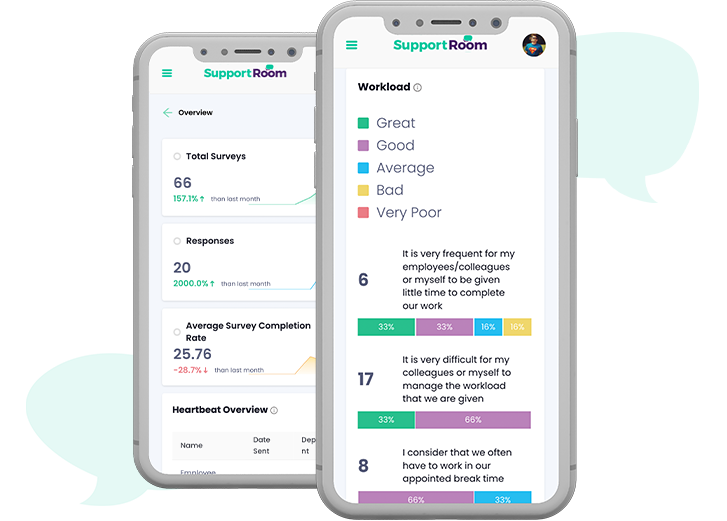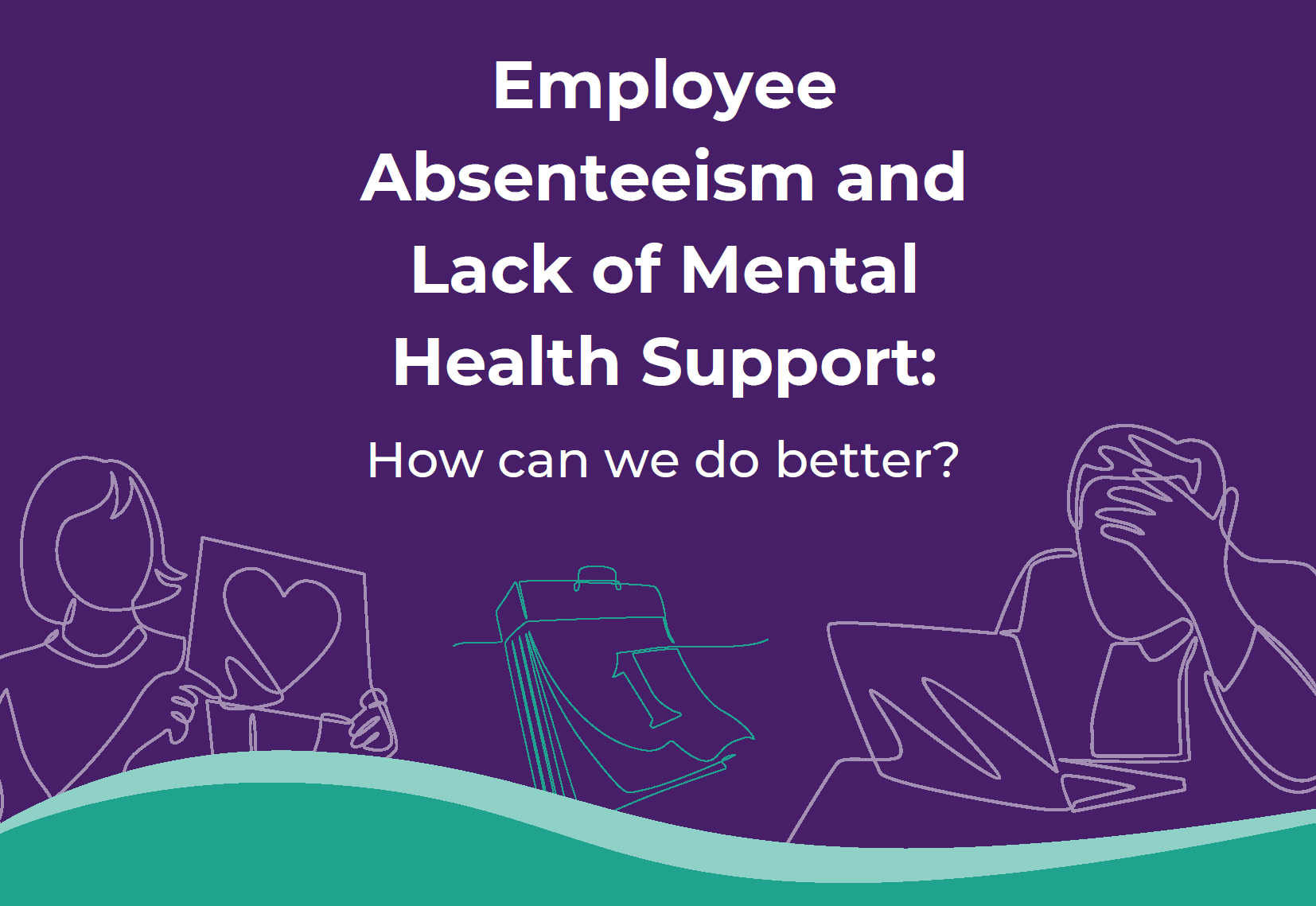Sleep disorders refer to a wide range of conditions that affect a person’s ability to sleep well on a regular basis. These disorders can disrupt the normal sleep patterns and can have a negative impact on overall health, well-being, and daily functioning.
There are several types of sleeping disorders that can affect individuals. Here are some of the most common ones:
Insomnia: Insomnia refers to difficulty falling asleep, staying asleep, or experiencing non-restorative sleep. It can be caused by various factors such as stress, anxiety, medical conditions, medications, or lifestyle habits.
Sleep Apnea: Sleep apnea is a condition characterized by pauses in breathing or shallow breathing during sleep. It often leads to frequent awakenings throughout the night and can result in daytime sleepiness and fatigue.
Narcolepsy: Narcolepsy is a neurological disorder that affects the brain’s ability to regulate sleep-wake cycles. People with narcolepsy experience excessive daytime sleepiness, sudden and uncontrollable episodes of falling asleep during the day, and may also have symptoms like cataplexy (sudden loss of muscle tone) and hallucinations.
Restless Legs Syndrome (RLS): RLS causes uncomfortable sensations in the legs, often described as creeping, crawling, or tingling. These sensations typically occur when the person is at rest or trying to sleep, leading to an irresistible urge to move their legs.
Periodic Limb Movement Disorder (PLMD): PLMD is characterized by repetitive and involuntary limb movements during sleep. These movements can disrupt sleep and cause daytime sleepiness or fatigue.
Parasomnias: Parasomnias are abnormal behaviors or movements during sleep. They include disorders such as sleepwalking, sleep talking, night terrors, and REM sleep behavior disorder (RBD), where individuals act out their dreams.
Circadian Rhythm Disorders: Circadian rhythm disorders involve disruptions in the body’s internal clock, which regulates sleep-wake cycles. Examples include delayed sleep-wake phase disorder (difficulty falling asleep and waking up at conventional times) and shift work sleep disorder (difficulty adjusting to a work schedule that conflicts with the body’s natural sleep-wake rhythm).
These are just a few examples of sleeping disorders. If you suspect you have a sleep disorder, it is advisable to consult a healthcare professional for a proper diagnosis and appropriate treatment.
Sleeping disorders can have various causes, and often multiple factors can contribute to the development of a particular disorder. Here are some common causes and contributing factors to sleeping disorders:
Psychological Factors: Stress, anxiety, depression, and other mental health conditions can significantly impact sleep quality and quantity. Racing thoughts, worries, or emotional distress can make it difficult to fall asleep or stay asleep.
Medical Conditions: Certain medical conditions can interfere with sleep. Examples include sleep apnea, chronic pain conditions, respiratory disorders, gastrointestinal problems, neurological disorders like Parkinson’s disease or epilepsy, hormonal imbalances (e.g., thyroid disorders), and conditions affecting the bladder or prostate.
Medications and Substances: Certain medications, such as antidepressants, antihistamines, and medications for high blood pressure, can affect sleep patterns. Additionally, substances like caffeine, nicotine, and alcohol can disrupt sleep.
Lifestyle Habits: Poor sleep hygiene practices can contribute to sleeping disorders. Irregular sleep schedules, excessive use of electronic devices before bed, stimulating activities close to bedtime, and a sleep environment that is not conducive to restful sleep (e.g., noise, uncomfortable mattress) can all impact sleep quality.
Environmental Factors: Environmental factors such as excessive noise, light pollution, extreme temperatures, or an uncomfortable bedroom environment can disrupt sleep.
Genetic and Biological Factors: Some sleep disorders, such as narcolepsy and certain circadian rhythm disorders, have a genetic component. Inherited traits and biological factors can influence an individual’s susceptibility to sleep disturbances.
Age and Hormonal Changes: Sleep patterns can change with age, and hormonal changes, such as those experienced during menopause, can contribute to sleep disruptions.
Trauma and PTSD: Individuals who have experienced trauma or have post-traumatic stress disorder (PTSD) may experience nightmares, flashbacks, or hypervigilance, leading to disrupted sleep.
It’s important to note that the causes and contributing factors to sleeping disorders can vary greatly among individuals, and a comprehensive evaluation by a healthcare professional is necessary to determine the specific factors influencing a person’s sleep difficulties.
Sleeping disorders can manifest in various symptoms, and the specific symptoms experienced may depend on the type of sleep disorder. Here are some common symptoms associated with sleeping disorders:
Difficulty falling asleep: It may take a significant amount of time to fall asleep after getting into bed.
Difficulty staying asleep: Waking up frequently throughout the night and having trouble going back to sleep.
Non-restorative sleep: Feeling unrefreshed or still tired even after a full night’s sleep.
Excessive daytime sleepiness: Feeling excessively tired or fatigued during the day, regardless of getting enough sleep.
Insomnia symptoms: Having trouble falling asleep, staying asleep, or waking up too early in the morning.
Snoring: Loud, disruptive snoring, often associated with sleep apnea.
Pauses in breathing: Reported by a bed partner, with or without awareness by the individual experiencing it. This may be a sign of sleep apnea.
Frequent awakenings: Waking up multiple times during the night, possibly accompanied by a need to use the bathroom, nightmares, or night sweats.
Daytime impairments: Experiencing difficulties with concentration, memory, attention, or productivity due to poor sleep quality or excessive daytime sleepiness.
Mood disturbances: Feeling irritable, moody, anxious, or depressed due to sleep disruptions.
Unusual sleep behaviors: Engaging in abnormal behaviors during sleep, such as sleepwalking, sleep talking, or violent movements (seen in REM sleep behavior disorder).
Restless sensations: Uncomfortable sensations in the legs, often relieved by movement (associated with Restless Legs Syndrome).
Disrupted circadian rhythm: Having difficulty falling asleep and waking up at desired or contentional times (seen in circadian rhythm disorders).
Daytime sleep attacks: Experiencing sudden, uncontrollable episodes of falling asleep during the day (a hallmark symptom of narcolepsy).
It’s important to remember that these symptoms can overlap among different sleep disorders, and a healthcare professional should be consulted for an accurate diagnosis if you suspect you have a sleep disorder.
Here are five tips that can help improve sleep quality:
Establish a Consistent Sleep Routine: Aim to go to bed and wake up at the same time every day, even on weekends. This helps regulate your body’s internal clock and promotes a more consistent sleep pattern.
Create a Relaxing Bedtime Routine: Develop a calming routine before bed to signal to your body that it’s time to wind down. This may include activities such as reading a book, taking a warm bath, practicing relaxation exercises, or listening to soothing music.
Create a Sleep-Friendly Environment: Make your bedroom conducive to sleep by ensuring it is dark, quiet, and at a comfortable temperature. Use curtains or blinds to block out light, consider earplugs or white noise machines to minimize noise disruptions, and choose a mattress and pillows that provide adequate support and comfort.
Limit Exposure to Stimulants and Electronic Devices: Avoid consuming stimulants like caffeine and nicotine close to bedtime, as they can interfere with sleep. Additionally, limit exposure to electronic devices, such as smartphones and tablets, before bed, as the blue light emitted from these devices can suppress the sleep-inducing hormone melatonin.
Practice Healthy Sleep Habits: Adopting good sleep hygiene practices can significantly improve sleep quality. Avoid eating heavy meals or engaging in vigorous exercise close to bedtime, as these activities can stimulate the body. Instead, opt for light snacks and gentle stretching. Additionally, limit daytime napping, especially in the late afternoon or evening, as it can disrupt your sleep-wake cycle.
Remember that everyone’s sleep needs are different, so it’s essential to listen to your body and make adjustments to your routine as needed. If you continue to experience persistent sleep difficulties, it’s advisable to consult a healthcare professional for further evaluation and guidance.

Gain FREE access to Heartbeat
Get a free Heartbeat Survey.
Let us uncover the true state of your team’s wellbeing with a free mental health survey for your entire organisation.
Gain valuable insights to see how you can better support your team’s mental health and performance.
No pitch. No credit card required.





